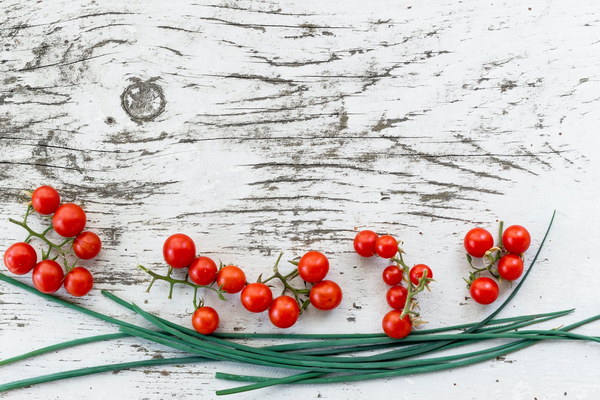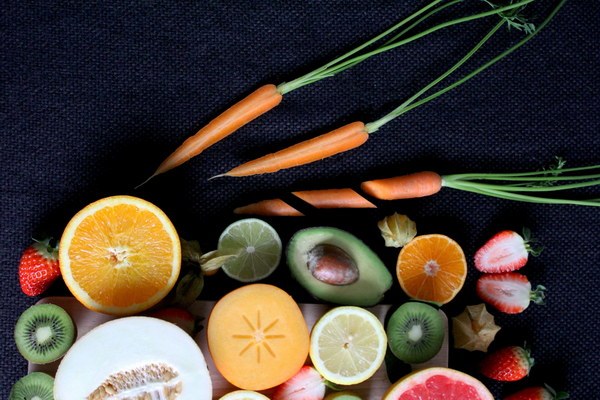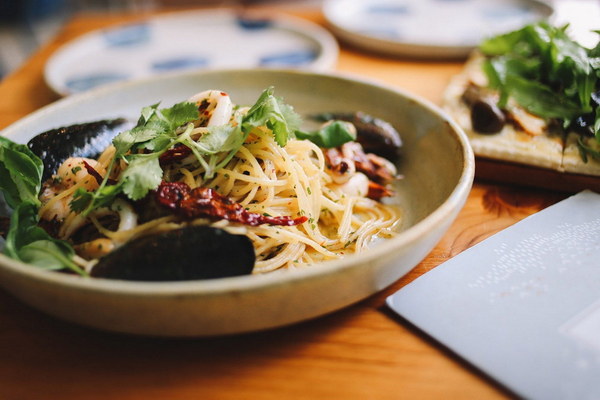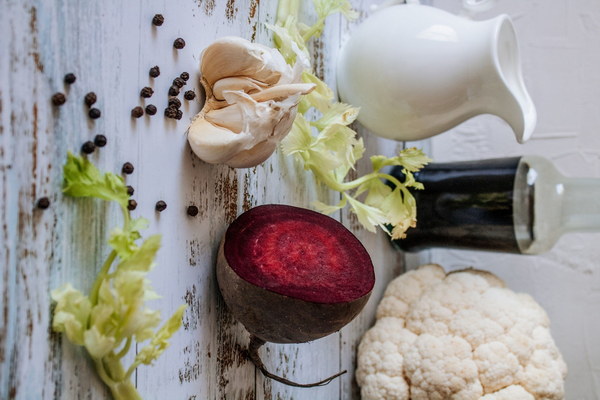Revitalize Your Health with These Traditional Chinese Herbs Before Meals
In the realm of traditional Chinese medicine, the adage you are what you eat takes on a deeper meaning. This ancient practice emphasizes not only the quality of the food we consume but also the timing and the addition of certain herbs to enhance our health. One such practice involves taking specific Chinese herbs before meals to aid in digestion and overall wellness. Here’s an exploration of this unique approach to health and the benefits of incorporating these herbs into your daily routine.
Understanding the Concept
In traditional Chinese medicine (TCM), the body is seen as an intricate network of interconnected systems, each with its own balance and harmony. Food and herbs are not just sources of nutrition but are also powerful tools for maintaining this balance. The concept of taking herbs before meals is rooted in the belief that these substances can help prepare the body to absorb nutrients more effectively and support digestive processes.
Key Chinese Herbs to Take Before Meals
1. Gan Cao (Licorice Root)
- Properties: Known for its sweet taste, Gan Cao is considered a master herb in TCM due to its ability to harmonize other herbs and support the immune system.
- Benefits: Taking Gan Cao before meals can help soothe the stomach, enhance the absorption of other herbs, and reduce the likelihood of stomach upset.
2. Bai Zi Ren (Biota Seeds)
- Properties: These seeds have a sweet and slightly bitter taste and are believed to be effective in calming the stomach and aiding digestion.
- Benefits: Consuming Bai Zi Ren before meals can help alleviate symptoms of indigestion, bloating, and gas.
3. Chuan Xiong (Szechuan Lovage)
- Properties: Chuan Xiong is known for its strong, pungent aroma and flavor, and is believed to promote blood circulation and alleviate pain.
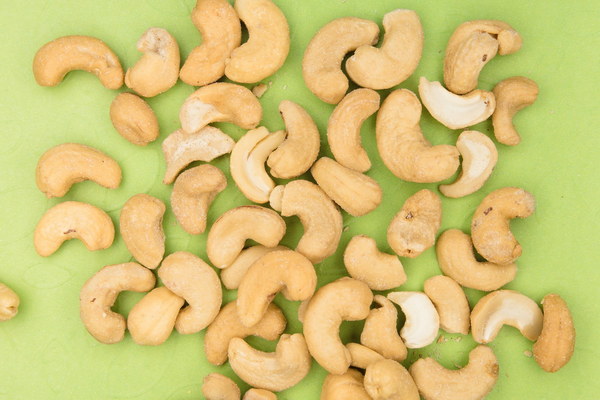
- Benefits: It can be taken before meals to support digestion and improve blood flow, which may be beneficial for those with poor circulation or digestion.
4. Shan Zha (Hawthorn Fruit)
- Properties: This fruit is sweet and sour in taste and is thought to aid in digestion and reduce bloating.
- Benefits: Taking Shan Zha before meals can help improve digestion, alleviate constipation, and support heart health.
5. Dang Shen (Codonopsis Root)
- Properties: Dang Shen is sweet and slightly warm in nature and is often used to boost the immune system and improve energy levels.
- Benefits: Including Dang Shen in your pre-meal routine can help enhance your body’s ability to absorb nutrients and support overall vitality.
Preparing Your Herbs
When incorporating these herbs into your diet, it’s important to prepare them correctly. Most TCM herbs are available in dried form and can be brewed as tea. Here’s a simple method to prepare your pre-meal herbal tea:
1. Measure the Herbs: Use approximately 1-2 grams of each herb per cup of water.
2. Boil Water: Bring water to a boil and remove it from heat.
3. Add Herbs: Place the measured herbs into a cup or teapot.
4. Steep: Pour the hot water over the herbs and let them steep for 5-10 minutes.
5. Strain and Drink: After steeping, strain the herbs out and enjoy your warm herbal tea.
Final Thoughts
Incorporating traditional Chinese herbs into your daily routine, particularly before meals, can offer a multitude of health benefits. These natural remedies can help support digestion, enhance nutrient absorption, and promote overall well-being. However, it is always advisable to consult with a healthcare professional or a licensed TCM practitioner before starting any new herbal regimen, especially if you have underlying health conditions or are taking other medications. With the right guidance, these ancient remedies can be a valuable addition to your health and wellness journey.
